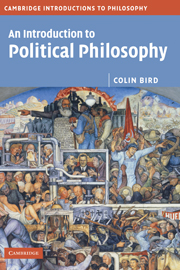3 - Utilitarianism
Summary
Utilitarianism as a philosophical movement got going towards the end of the eighteenth century in Europe and really took off in Britain in the nineteenth. Its pioneers were Helvetius, David Hume, Jeremy Bentham, John Austin, and James and John Stuart Mill. Later utilitarians include Henry Sidgwick, R. M. Hare, and Peter Singer. For reasons considered below, utilitarianism as a philosophical doctrine is today on the defensive. But utilitarian ideas are fundamental to modern economic theory, and partly for this reason they remain firmly ensconced in contemporary intellectual life.
In its simplest formulation, utilitarianism asserts a basic principle of justification: actions and practices should be considered justified to the extent that they promote the greatest overall happiness. Actions and practices are said to have “utility” to the extent that they bring about overall happiness, and “disutility” to the extent that they produce overall suffering. The overriding utilitarian goal is therefore to seek actions and social practices likely to maximize utility.
Like the Platonic and Aristotelian views discussed earlier, utilitarianism is a consequentialist theory. For utilitarians, we decide whether something is justified by considering its consequences for the welfare of those it affects. Influenced by the Enlightenment enthusiasm for science and mathematics, however, the classical utilitarians (especially Bentham) aimed to make consequentialist ethics more scientific and precise. Their hope was that ethical justification might eventually become a matter of scrupulous mathematical calculation, like mechanics and engineering.
- Type
- Chapter
- Information
- An Introduction to Political Philosophy , pp. 47 - 66Publisher: Cambridge University PressPrint publication year: 2006

